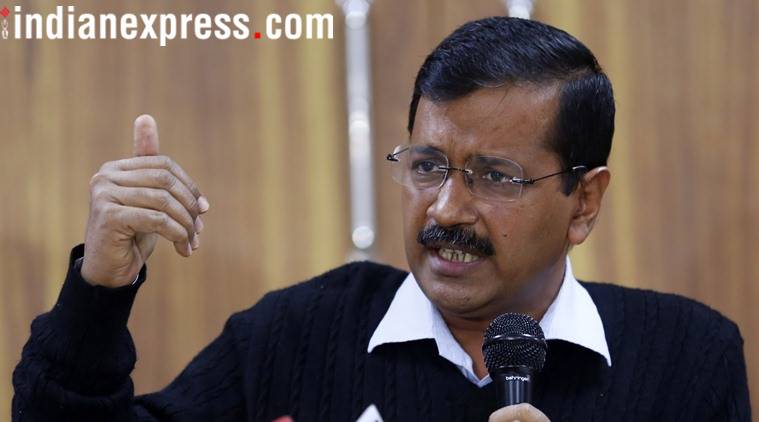 The government will set up night courts to prevent the holding of victims in police custody at night.
The government will set up night courts to prevent the holding of victims in police custody at night.
The Delhi government’s policy on rehabilitation and combating trafficking of women and children, released recently, enlists provisions ranging from 20% reservation in all schools for victims of trafficking and their children, health cards to women and child victims to ensure free medical treatment in all government hospitals, and reviewing the licencing of spas and parlours in the capital.
The first draft policy was released on the website of the Department of Women and Child Development, inviting public comments. Stating that Delhi has been identified as a destination area for trafficking, the policy outlines the role of the state government; formation of a district-level committee to combat trafficking; and the economic, educational and rehabilitation prospect for victims of trafficking.
“The government shall create funds/non-lapsable corpus fund to combat trafficking of women and children, and for their rehabilitation, repatriation, providing shelter and for immediate relief to the victims of commercial sexual exploitation (including victims housed in a protective home),” stated the policy.
Institutional care will be provided by the government, but for those willing to stay independently, a stipend of Rs 3,000 per month will be provided from the corpus fund. The stipend may be paid for one year covering the victim’s period of training until she is able to adopt an alternative livelihood. One-time deposit amount of Rs 20,000 may also be given apart from monthly stipend, the policy stated.
An assistance of Rs 30,000 may be provided for those who want to start their own business enterprise after completion of vocational training. If a victim is interested in pursuing her education, then the government will bear the cost up to Class XII or beyond as per her area of interest.
On the legal reform, the government will also set up night courts to prevent the holding of victims in police custody at night. For prevention, the state-level advisory committee will set up information help desks, manned by trained social workers, at railway stations, inter-state bus terminals and airports. Raj Mangal Prasad, a former child welfare committee (CWC) member, said that the policy has no proper target group defined and is poorly drafted. “Trafficking is not only for the purpose of commercial sexual exploitation but also for domestic work, marriage, organ trade, adoption. But the policy refers only to sex work. It should have addressed issues in the context of definition of trafficking under Section 370 IPC,” said Prasad.
Another CWC member, who did not wish to be named, said the policy had several cosmetic measures and lacked clarity. “The provisions suggested are very vague. For instance, the 20% reservation in schools: Is it going to be along with the EWS category or separately?” he said.